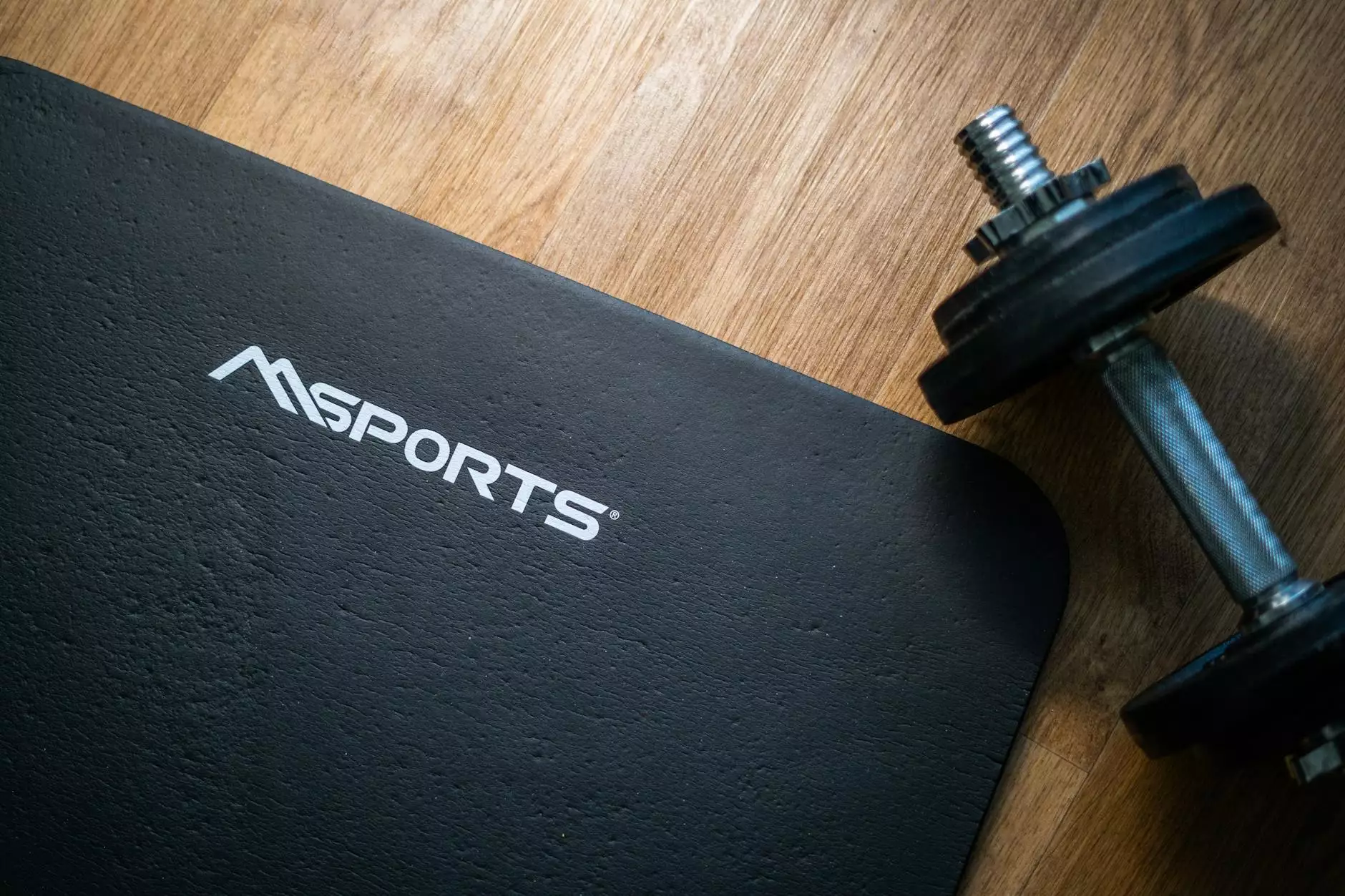Understanding the Significance of 200kg in Business Ventures

In today's global marketplace, the ability to understand concise measurements and their implications is vital for any business. One key measurement that often arises, particularly in logistics and product management, is 200kg. This article delves deep into the significance of this weight measurement in various business contexts, especially focusing on the electronics industry and the vibrant Vietnamese market.
The Relevance of Weight Measurements in Business
Weight plays a critical role in how businesses operate. From logistics and shipping to inventory management and product sales, understanding how to effectively manage weight can lead to enhanced efficiency and profitability. When we refer to 200kg, we are considering a substantial amount of weight that can influence various segments of business operations:
- Shipping and Logistics: Companies need to determine the most cost-effective ways to ship products. Knowing how much each product weighs, including packaging, allows for better logistics planning.
- Storage Management: In warehousing, understanding weight limits on shelving and pallet racking systems is essential for maximizing space and ensuring safety.
- Product Development: When designing products, manufacturers need to consider weight for functionality and user experience.
Exploring the Electronics Industry
The electronics industry is one of the most pivotal sectors where the significance of weight is profoundly felt. Whether it's smartphones, laptops, or large appliances, the weight of each product can dictate its transport mechanism, storage solutions, and customer perception.
The Impact of Weight on Shipping Costs
For businesses in the electronics sector, shipping costs can be one of the largest expenditures. When a product weighs 200kg, companies must strategize on effective shipping methods. Here’s how weight impacts shipping:
- Freight Classification: Freight companies classify products based on their weight, so a 200kg item might require a specific shipping arrangement that could be more costly compared to lighter items.
- Transportation Mode: Heavier items often necessitate different modes of transport. For instance, road transport might be preferred for heavy electronics to lower costs when shipping long distances.
- Insurance Considerations: High-weight items can result in higher insurance premiums during transit, as they may represent a more considerable risk of damage.
Maintaining Warehouse Efficiency
In warehouses, managing stocks that include items weighing 200kg can pose challenges. Here are a few strategies that businesses can implement:
- Use of Forklifts and Pallet Jacks: Heavier items cannot be moved manually; hence, investing in the right equipment is essential.
- Weight Distribution: Properly distributing weight in storage areas not only maximizes efficiency but also ensures safety.
- Regular Maintenance: Equipment used to handle heavy weights must be regularly maintained to prevent accidents and inefficiencies.
The Vietnamese Market: Unveiling Opportunities
Vietnam, with its burgeoning economy, presents a myriad of opportunities for businesses dealing with heavy products like electronics. Understanding the local market intricacies can empower companies to leverage their products effectively.
Cultural Considerations
When marketing products that weigh 200kg in Vietnam, businesses should take into account various cultural aspects:
- Value Perception: Customers often associate weight with quality. A product that feels substantial can have a competitive edge.
- Logistical Challenges: Navigating urban areas in Vietnam can present logistical challenges for transporting heavier items.
- Local Distribution Networks: Establishing reliable local partnerships can streamline the distribution of electronic products.
Market Adaptation for Success
To succeed in Vietnam, companies must adapt their strategies to align with local practices. Some recommendations include:
- Localized Shipping Solutions: Collaborating with local shipping companies that understand the market can result in reduced costs and improved efficiency.
- Customer Education: Educating customers about the benefits and features of heavy electronic products can justify the purchase.
- Sustainable Practices: Adopting eco-friendly shipping and packaging methods will resonate well with the Vietnamese market's growing environmental consciousness.
Best Practices for Managing Products Weighing 200kg
Effective management of products weighing 200kg is essential for ensuring safe handling, efficient logistics, and maximizing profitability. Here are some best practices:
Establish Safety Protocols
Handling heavy products requires strict safety measures. Implementing protocols can reduce workplace accidents and injuries:
- Training Employees: Regular training sessions on weight handling and equipment usage are crucial.
- Use of Proper Equipment: Ensure that weight-lifting tools and machinery are in top condition and suited for handling heavy weights.
- Emergency Procedures: Clearly outline emergency procedures in case of accidents or equipment failures.
Optimize Supply Chain Processes
A well-optimized supply chain can significantly improve the management of heavy products. Consider these steps:
- Data Analysis: Employ data analytics to understand peak shipping times and optimize inventory levels for 200kg products.
- Vendor Relationships: Building strong relationships with vendors can lead to better pricing and service agreements.
- Technology Utilization: Using technology, such as inventory management systems, can enhance tracking and efficiency.
The Future of Heavy Electronics
As technology advances, the future of heavy electronics presents both challenges and opportunities. Businesses must adapt to changing consumer preferences while also managing the logistical implications of heavier products.
Shifting Consumer Trends
Consumers are increasingly opting for products that offer advanced features while ensuring sustainability. When marketing products weighing 200kg, companies should emphasize:
- Energy Efficiency: Highlighting low energy consumption can attract eco-conscious customers.
- Durability: Making a case for long-lasting products can appeal to businesses seeking long-term investments.
- Innovative Features: Showcasing unique selling points will differentiate offerings in a competitive market.
Adopting Sustainable Practices
The push for sustainability means that businesses need to rethink how they operate. For those dealing with heavy electronics, this might involve:
- Eco-Friendly Materials: Utilizing sustainable materials in products and packaging.
- Recycling Programs: Implementing take-back programs for old electronics can foster customer loyalty.
- Carbon Footprint Reduction: Focusing on methods to lower carbon footprints throughout the supply chain.
Conclusion
In conclusion, understanding the weight measurement of 200kg is not just about the numbers; it's about the significant operational impact it has on businesses, particularly in the electronics sector and within the Vietnamese market. By recognizing the importance of logistics, safety, cultural nuances, and sustainable practices, companies can thrive in a competitive environment.
Ultimately, mastering the balance between weight management and operational efficiency is crucial for businesses looking to expand their reach and enhance profitability. Embracing these insights will prepare companies for future successes in this ever-evolving landscape.









